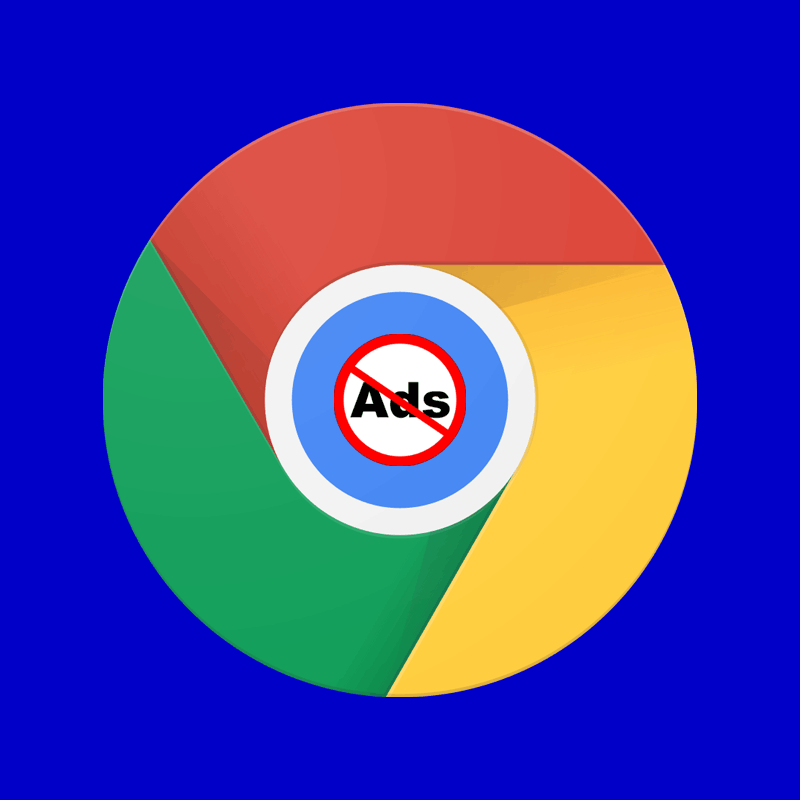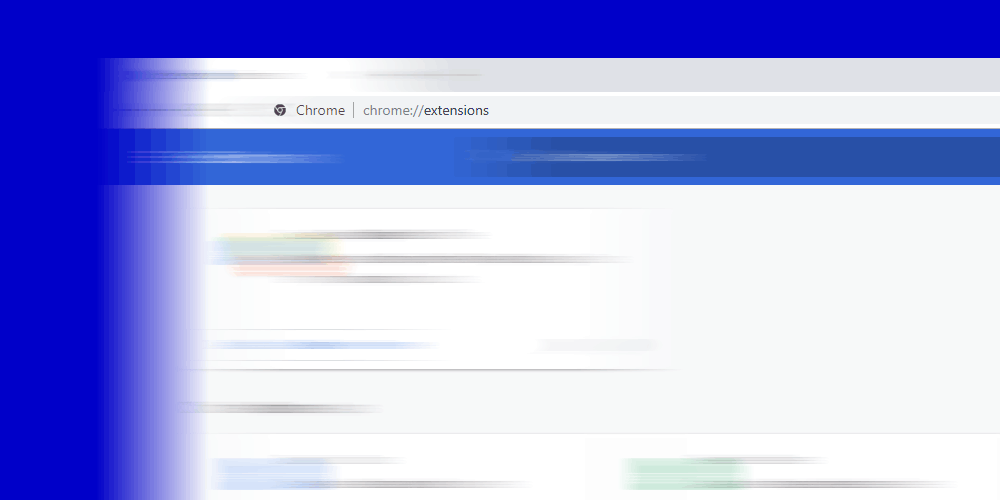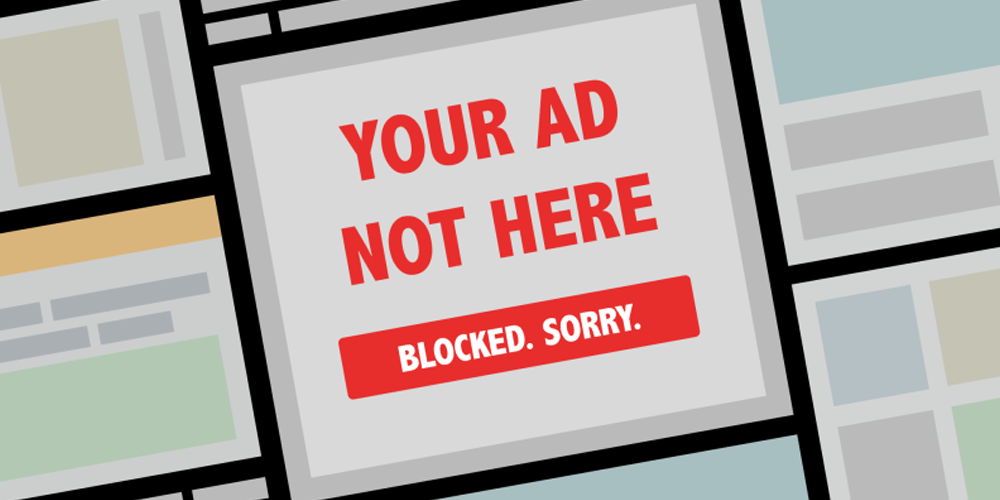
Google had a controversial plan surrounding its decision to modify the Chrome browser in such a way that could eventually killed ad blockers and many other extensions.
This was proposed with the Manifest V3, which is a new standard for developing Chrome extensions that Google announced back in October 2018.
It represents an attempt to deal with performance and security implications made by third-party code that has access to sensitive data.
But the fixes Google initially suggested have broad implications.
The Manifest V3 specification would break content and ad blockers, privacy extensions, and other Chrome add-on code that relies on the ability to intercept requested web content before it gets rendered in the browser.
It set off an alarm that alerted Chrome plugin developers to realize what Google was intending to do.
The document of the proposed Manifest V3 contained many new rules about what Chrome functions and APIs an extension should use.
One of the modifications was for extensions that needed to intercept and work with network requests. Google wanted Chrome extension developers to use the new DeclarativeNetRequest API instead of the older webRequest API.
This new API limits drastically limits the number of requests a Chrome extension could access.
Other technical changes include Chrome in giving potential problems for existing codes on published extension.
Ad blocker developers weren't at all happy. They were accusing Google for trying to kill third-party ad-blockers to benefit its own built-in ad blocker, which won't be impacted.

The team at Chrome justified the change, by citing that the API would improve performance by not having a maximum value for the number of network requests an extension could access.
But in a research by Ghostery ad blocker, ad blockers actually had very tiny impact, too small to be considered a performance hit.
The team at Ghostery analyzed network performances of ad blockers such as uBlock Origin, Adblock Plus, Brave, DuckDuckGo and Cliqz's very own Ghostery ad blocker. And here, the team found sub-millisecond delay times per request.
In a previous research on May 2018, Ghostery even found that web pages tend to load up to twice as fast when using an ad blocker.
This is the opposite of what Chrome claimed.
"This work [referring to the study] was motivated by one of the claims formulated in the Manifest V3 proposal of the Chromium project: 'the extension then performs arbitrary (and potentially very slow) JavaScript', talking about content-blockers' ability to process all network requests," said Cliqz, the company behind the ad blocker.
"From the measurements, we do not think this claim holds, as all popular content-blockers are already very efficient and should not incur any noticeable slow-down for users," the team added.
After the Ghostery team published its study and benchmark results, the Chrome team chooses to backtrack their planned modifications.

Google software engineer Devlin Cronin published an update on Google's plans, insisting that there's too much abuse happening.
"We agree that this is valuable in creating sophisticated content blocking extensions," said Cronin.
"We won’t launch Manifest V3 until it is ready, and there will be a migration period in which we can continue to address feedback and issues. We will not remove support for Manifest V2 until we are confident in the platform."
Hours later, Google engineers made it official on a Google Groups, announcing a relaxation of the Manifest V3 changes that would have impacted ad blockers.
"Another clarification is that the webRequest API is not going to be fully removed as part of Manifest V3," said Cronin.
"The extensions ecosystem on Chrome is vibrant and varied, and enables myriad use cases that would otherwise be impossible," Cronin added.
"We are committed to preserving that ecosystem and ensuring that users can continue to customize the Chrome browser to meet their needs. This includes continuing to support extensions, including content blockers, developer tools, accessibility features, and many others. It is not, nor has it ever been, our goal to prevent or break content blocking."
Chrome's decision to embed its own ad-blocker-breaking features was a bad move right from the start.
Regular Chrome users are already fond of their ad blockers software, and that is for obvious reasons. Ad blockers may come with some performance impact here or there, but they also have benefits, like blocking intrusive ads and those trackers that follow them around the web..
Since most ads on the web are Google's, third-party ad blockers are things the tech giant apparently dislike.